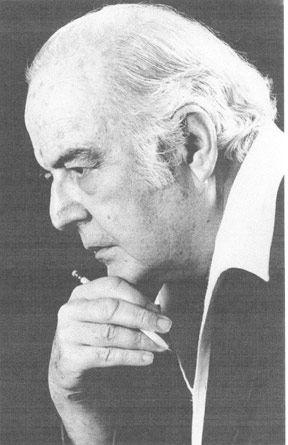Voices in the Wilderness – Samuel Barber

Samuel Barber might be viewed as the “poster-boy” of American Neo-Romanticism — the one composer featured in this study whose music attained a level of international recognition almost impervious to the shifts of musical fashion. Naturally inclined from childhood toward musical composition as an expression of personal moods and feelings, he maintained this aesthetic perspective throughout his creative life. The beneficiary of significant advantages from the start, he was born into a cultivated, affluent family already blessed with two prominent musicians eager to nurture the development of their talented young relative. While still in his teens Barber was introduced to influential patrons who soon facilitated the presentation of his music to some of the world’s most prominent conductors. At the age of twenty-six, he composed one of the most beloved, frequently heard compositions in the repertoire of American concert music, familiar to many who have never been present at a classical venue. From that time on he remained one of America’s two or three most frequently performed composers, his career marked by virtually uninterrupted success, while most of his works enjoyed the advocacy of the world’s most celebrated soloists and conductors. When the adherents of Modernism gained power and influence during the late 1950s and 1960s, Barber encountered his first taste of failure, as his previous success and the apparent ease with which it was won marked him as a member of the scorned “establishment.” Though his reputation was tarnished by the stigma of bourgeois complacency, his most popular works never suffered neglect; and while he spent the last fifteen years of his life nursing the wounds caused by critical disparagement, the ensuing two decades have witnessed the revival of his reputation and the acceptance of nearly all his music into the active repertoire.
(From Voices in the Wilderness, pp. 243-244)